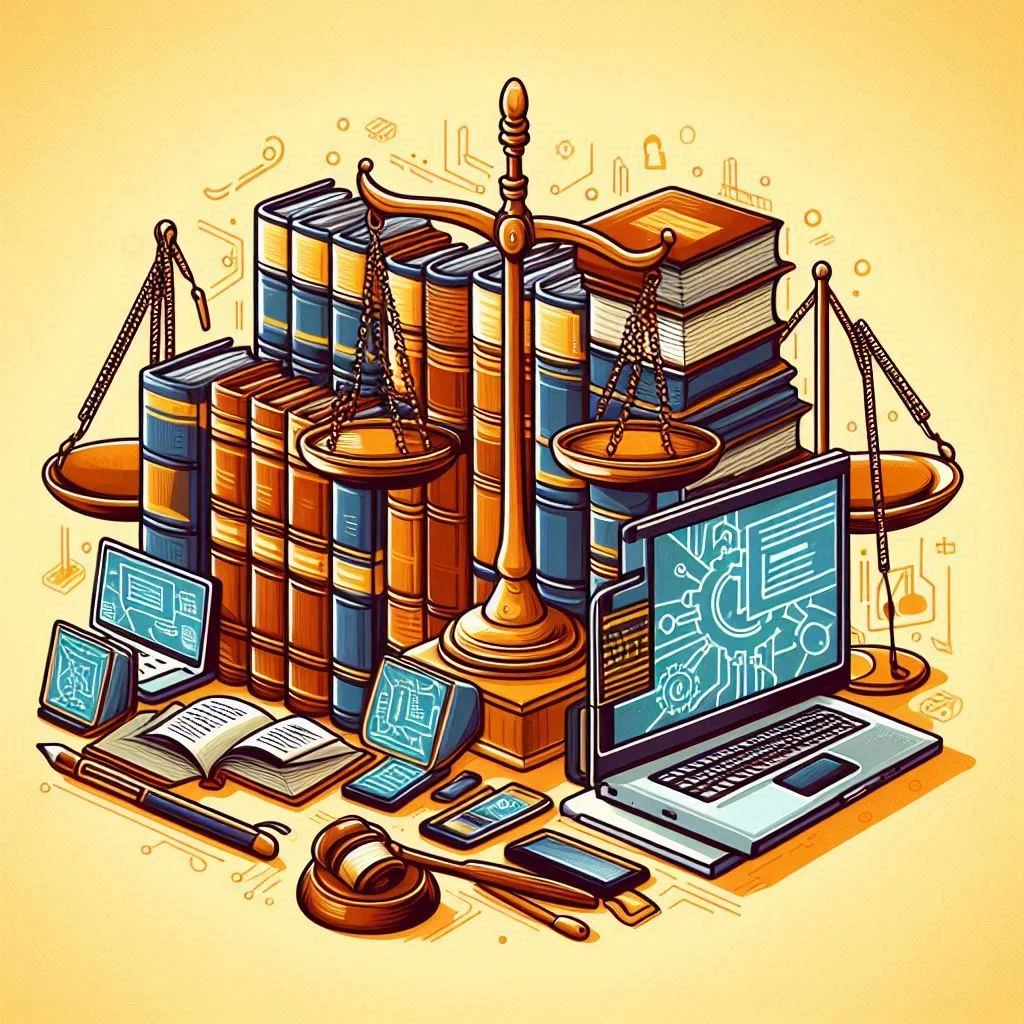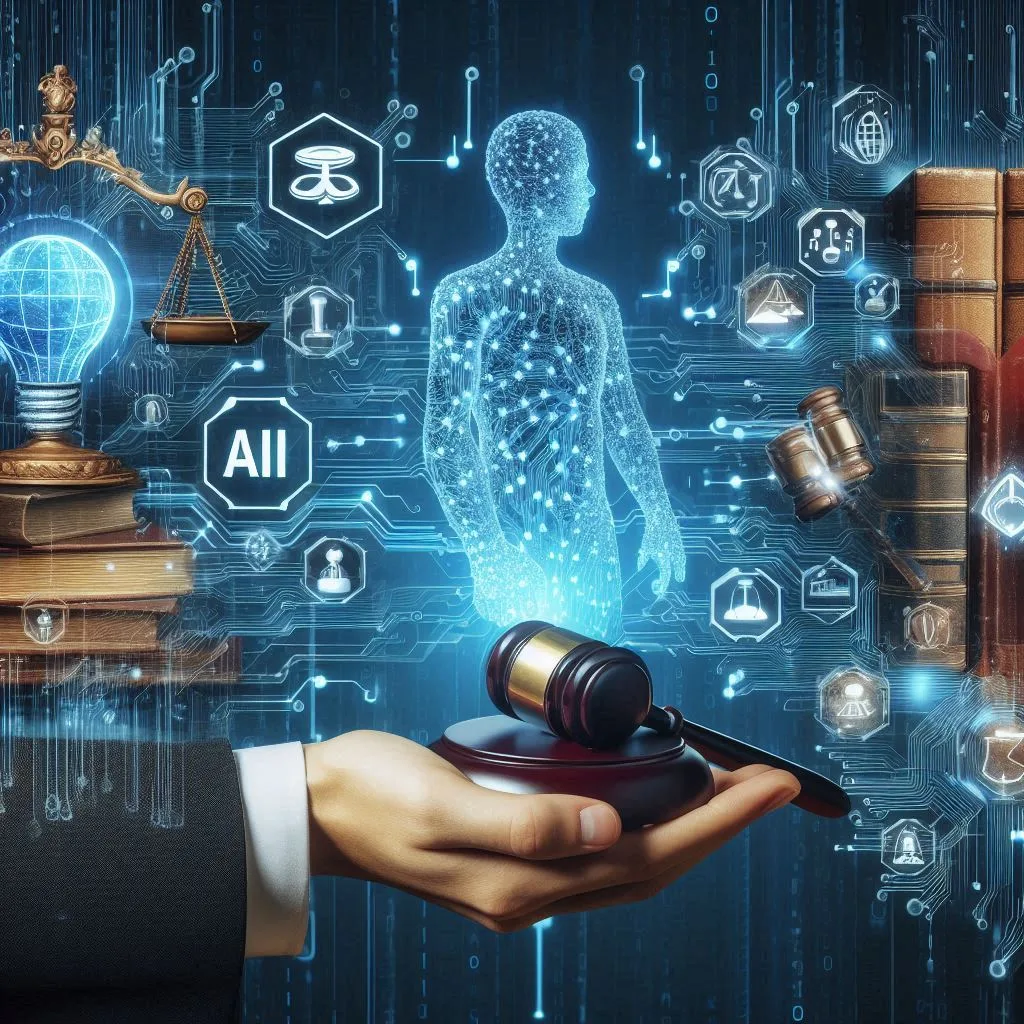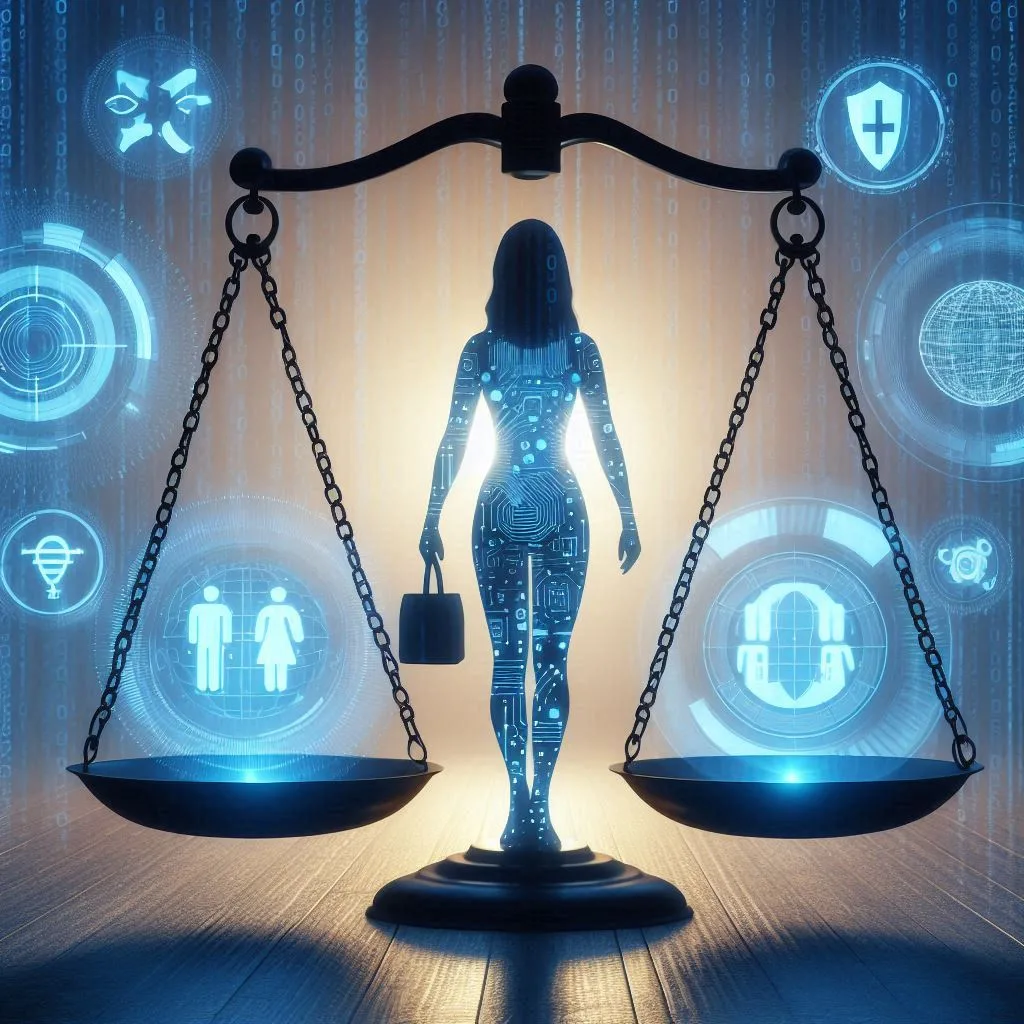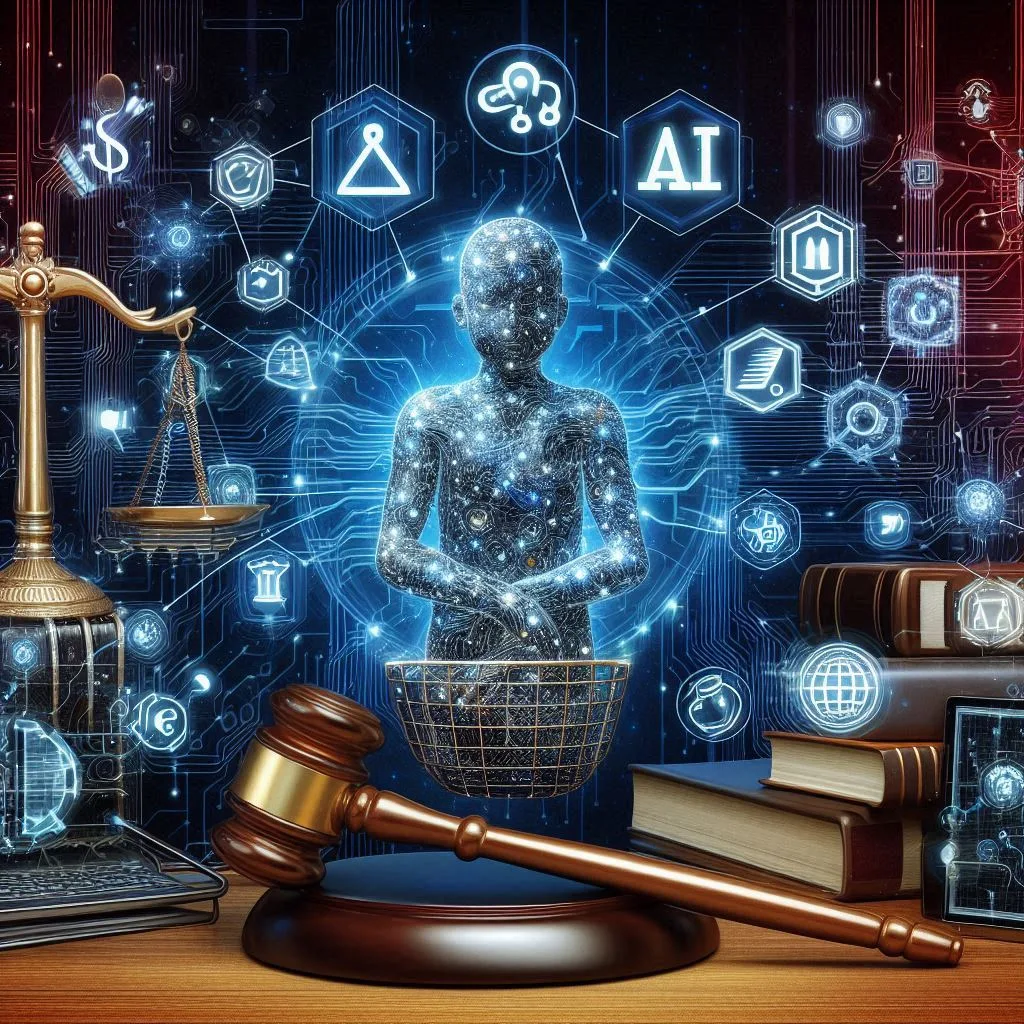In this chapter, we explore how technology and human rights in legal education can further political, social, and economic justice in our digitized and interconnected world. This begins with the claim that access to technology and, in its logical sequence, access to information regarding the benefits and limitations to technology, is an important element as far as this right to access justice is concerned.
It is equally important, out of respect for the aspirations of those entering the legal profession, that the skills be in place for subsequent generations to adapt and develop justice systems in response to new challenges brought by technology, and for future generations of lawyers to have the skills necessary to design and facilitate a fair and inclusive legal system for society.
It will first consider what kind of skills, knowledge, and values the law curriculum should seek to challenge and change prior to giving an example of one law school with significant technology and human rights focus: UCL Laws.

Very recently, there has been high praise for UCL Law’s innovative work in legal research and curriculum design. The critical commitment of the faculty towards the thorough resolution of current issues in the field of law has been remarkably noted with the introduction of new UCL Law courses and research projects that have engaged with themes such as technology and human rights.
Background of UCL Law and Its Emphasis on Technology and Human Rights
Technology Law Ethics ::

In advance of the twenty-fifth birthday of the three UCL Law Courses faculties, at the recent UCL Celebration of Humanity Power initiative, the Law Faculty at UCL allowed applications for its Master of Laws programs from refugee and humanitarian law practitioners fighting to save who and what they care about by nearly twenty-fold. UCL’s Law School has also been bringing the powerful force of technology to practice and the discussion around legal practice and LegalTech.
In 2014, it instituted the Law and Technology Debate Series, accrediting and launching the LL.M./MSc. Law and Technology in 2015. In 2016, three academic initiatives will include the creation of the Institute of Advanced Legal Studies’ Legal Design Lab, a joint LSE-UCL Human Rights Laboratory, based on the principles of translational research to address real problems, and UCL Laws’ membership in the Leverhulme-funded research programme, Digital Citizenship.
Given that it was established to universalize exemplars of the global academy, it is a matter of pride that UCL’s ranking is enhanced to 15 worldwide in 2016. Again, befitting its founding, UCL Lawyers are among the first in the UK to hold second professional qualifications in any of the six world jurisdictions that carve out the top 20 rankings consistently. Their rare dual credential, not otherwise available in the law, is distinctive—most so in these centers of excellence and jurisprudential capital.
The common School is the only UK institution in a UK–US–APJ/G2B grouping, higher in the US than in the US News National Law Journal or Times Higher Education ranking for leading US law schools. At the undergraduate level, LL.B. UCL Laws alumni can all return to the faculty to pursue the LL.M./MSc of their dreams within their subject of law in both London and beyond.
Pioneering Legal Research ::

Now a long-established leader in the field of legal scholarship, recent developments at UCL Law have served to highlight its present standing. Research by faculty has led to changes in the way legal frameworks can respond in constantly changing technology contexts. These are pretty impactful research considerations that do not only inform academic debates but also policy development and legal practice.
Theoretical framework: In what way does technology relate to human rights from a legal perspective?
In a general sense, high development in technology and the relationship that ensues between both with humans is an implicative one. Legally, it refers to the study of the impact that new technologies cause on basic rights and freedoms. The problems associated with data privacy, surveillance, and artificial intelligence have posed questions on how technology could be a protection and yet an infringer on the human rights of people.
These are the types of challenges that will require a legal framework to enable companies and other forms of organizations to accord great respect to individual rights and freedoms, at the same time encouraging innovation and development in the technological trends. Understanding the character of these relationships is of great importance for all practitioners in law, policy formulators, and activists working on the legal and ethical standards of today that influence life in our time.
Innovative Courses at UCL Law: Overview of the Technology and Human Rights Courses Available at UCL Law
In this regard, new courses have been introduced by UCL Law, which would enable students to acquire knowledge and skills regarding technology and human rights in response to a growing need for legal expertise in fast-growing new fields. These courses speak to legal challenges technology emanating from technological developments like artificial intelligence and data privacy and protection as global human rights concerns. UCL Law prepares its students for the future of the legal profession by including these topics in their curriculum.

UCL Law Preparation for Future Relevance—Case Studies and Success Stories
The establishment of such courses embodies the spirit of innovation in legal education generally, as the discipline continues to become broader and more more interdisciplinary. Innovative approaches like these do not just make studying at UCL Law a much more enriching experience but also set it apart as somehow a beacon for inspiration for other Law Schools. At least, these teaching areas show that the faculty has an earnest desire to graduate students who will be capable enough to meet the challenges of the emerging dimensions of legal activity, intertwined with technology and human rights.
Summary of Findings and Future Directions of Legal Education
Cautious Gaze into the Future ::
As UCL Law further sets off the limits on legal instruction and study, its programs are likely to be felt and implemented across practices. The infusion of technology and human rights into their curricula is a milestone toward advanced and pertinent legal education. On the part of the future students and even today’s practitioners, great chances have been opened by UCL Law for the sense of the future promise for legal education and practical experience.
More of what you can learn from the innovative programs and research at UCL Law is available on their website.
References:
- Sanders, C. K. & Scanlon, E., 2021. The digital divide is a human rights issue: Advancing social inclusion through social work advocacy. Journal of human rights and social work. springer.com
- Hoffman, D. A., 2020. Increasing access to care: telehealth during COVID-19. Journal of Law and the Biosciences. oup.com
- Hart, A., 2023. Information and communications technology access for people in prison: Strategies to maximize the benefits and minimize the harms of communication with families …. Current Issues in Criminal Justice. [tandfonline]



